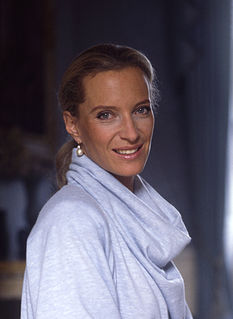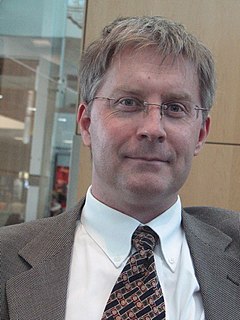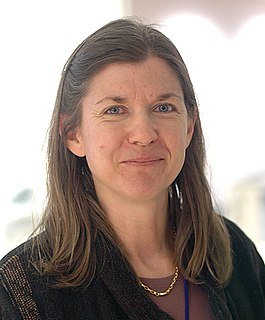A Quote by Roy Lichtenstein
I don't think there is any question that Picasso is the greatest figure of the 20th century.
Related Quotes
D-Day represents the greatest achievement of the american people and system in the 20th century. It was the pivot point of the 20th century. It was the day on which the decision was made as to who was going to rule in this world in the second half of the 20th century. Is it going to be Nazism, is it going to be communism, or are the democracies going to prevail?
A dining club which I was involved in at Oxford University invited Sir Isaiah Berlin to dinner, who I believe was probably the greatest liberal philosopher in the 20th century. I sat beside him and we spoke about liberal philosophy and the events of the 20th century all night over dinner - it was unforgettable!
I think that poets can say, "What we want is for everybody on earth to wake up free from fear and with access to medicine and clean water and education." But I don't think poets have any special insight on how to get there. And the 20th century is a pretty good record of that because so many of the great poets were Stalinists: Vallejo, Neruda, Eluard, Aragon, etc. They wrote their odes to Lenin and Stalin. They glorified some of the most violent and grotesque dictatorships of the 20th century. And a lot of the ones who were not Stalinists were fascists or fascist sympathizers.







































